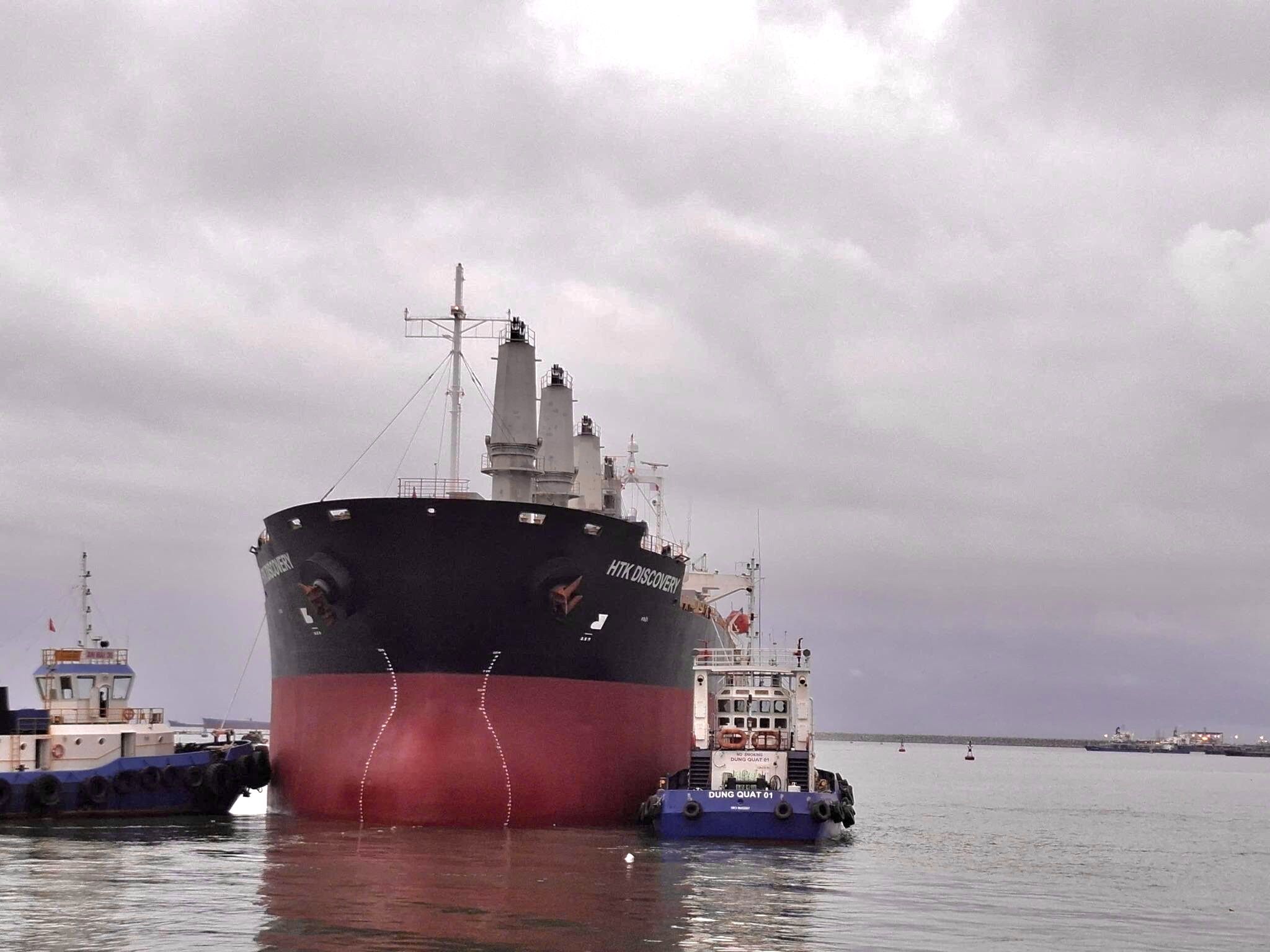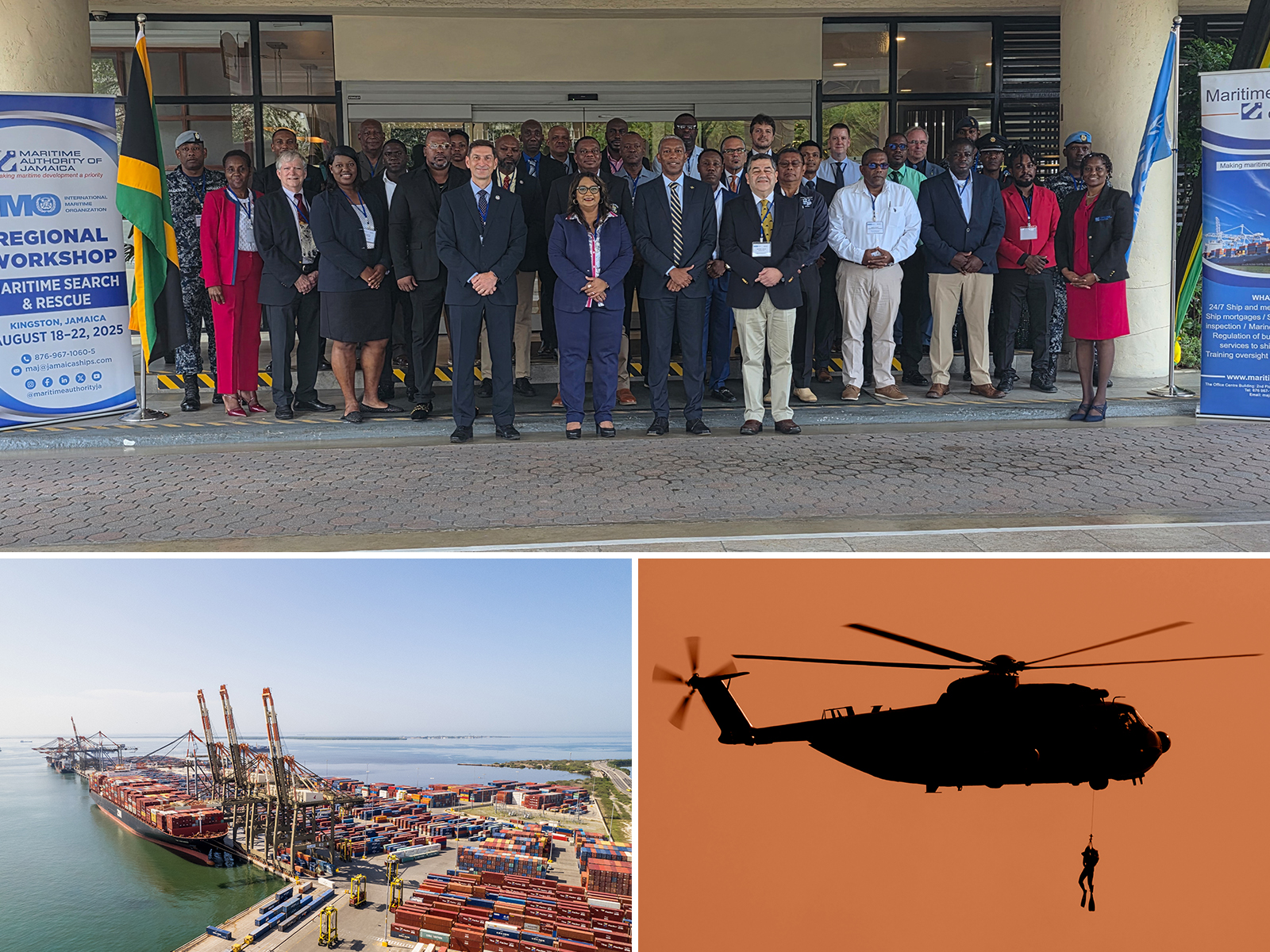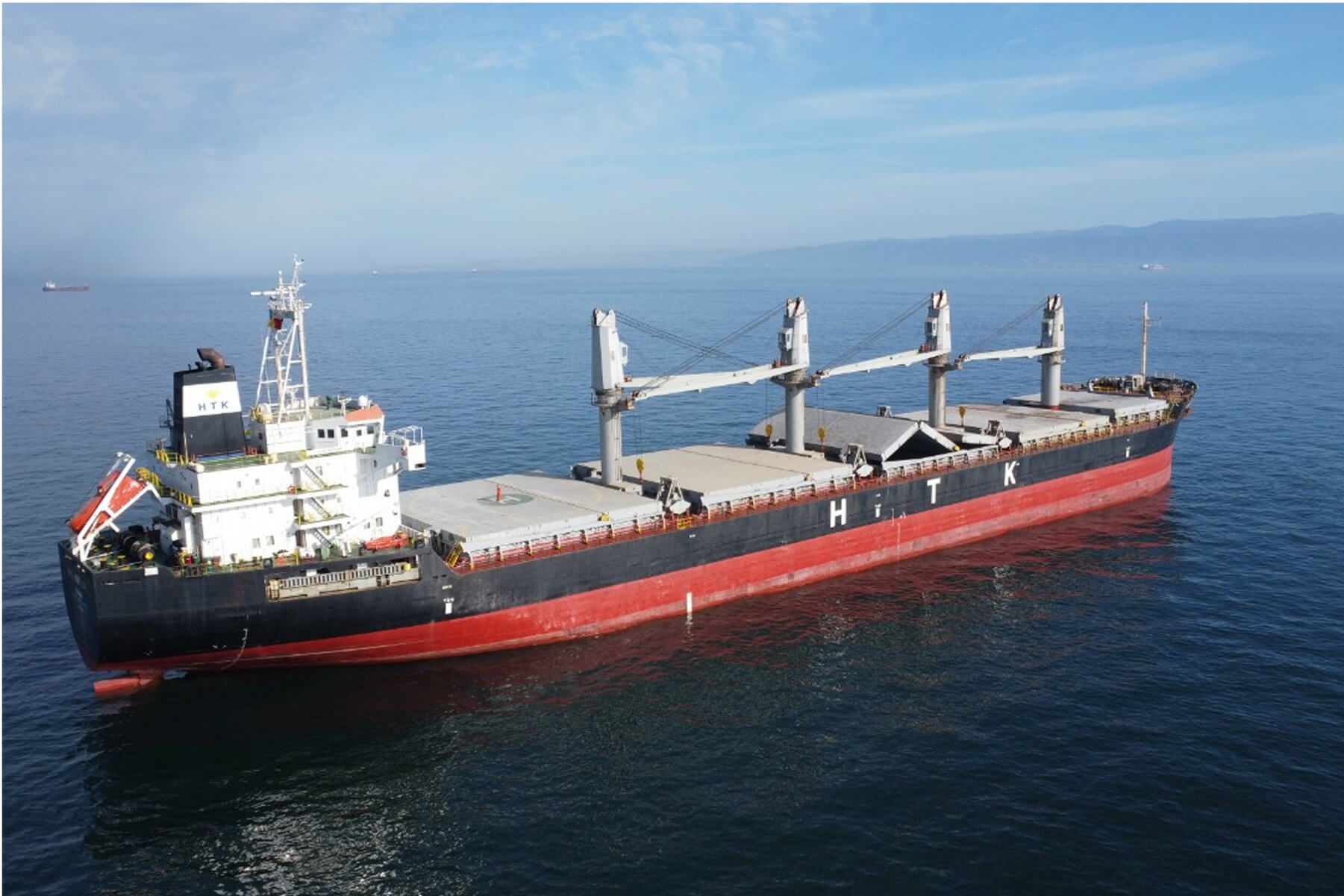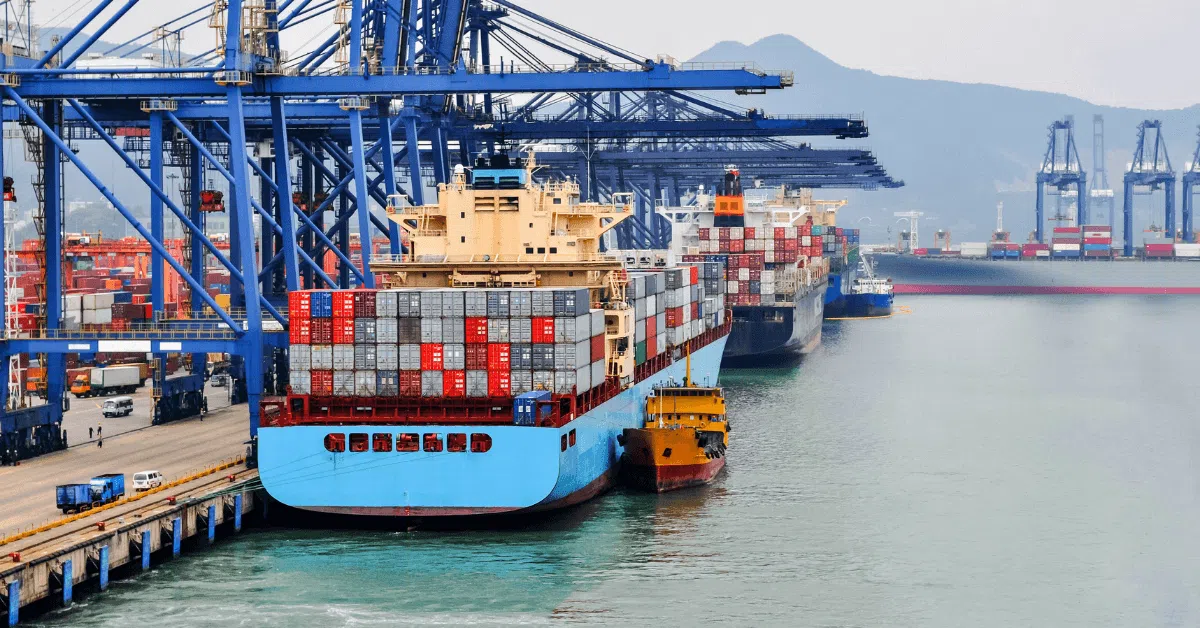Bulk Cargo Sea Transport: Key Role in Vietnam’s Maritime Economy
Sea transport is one of Vietnam’s spearhead economic sectors, contributing significantly to the national economic development. Among its branches, bulk cargo transport is indispensable, playing a crucial role in moving essential commodities such as coal, ores, grains, cement, fertilizers, and other raw materials.
What is Bulk Cargo?
Bulk cargo refers to goods that are transported unpackaged in large quantities, directly in the ship’s hold rather than in containers or individual packaging. This category is typically made up of raw materials or large-volume agricultural and industrial products, divided into two main types:
-
Dry Bulk: Includes coal, iron ore, grains, cement, fertilizers, sand, stone, etc. These commodities account for a large proportion of global bulk cargo transport. They are typically carried by specialized vessels called bulk carriers.
-
Liquid Bulk: Includes crude oil, liquid chemicals, and liquefied gases (LPG, LNG), usually transported by tankers.
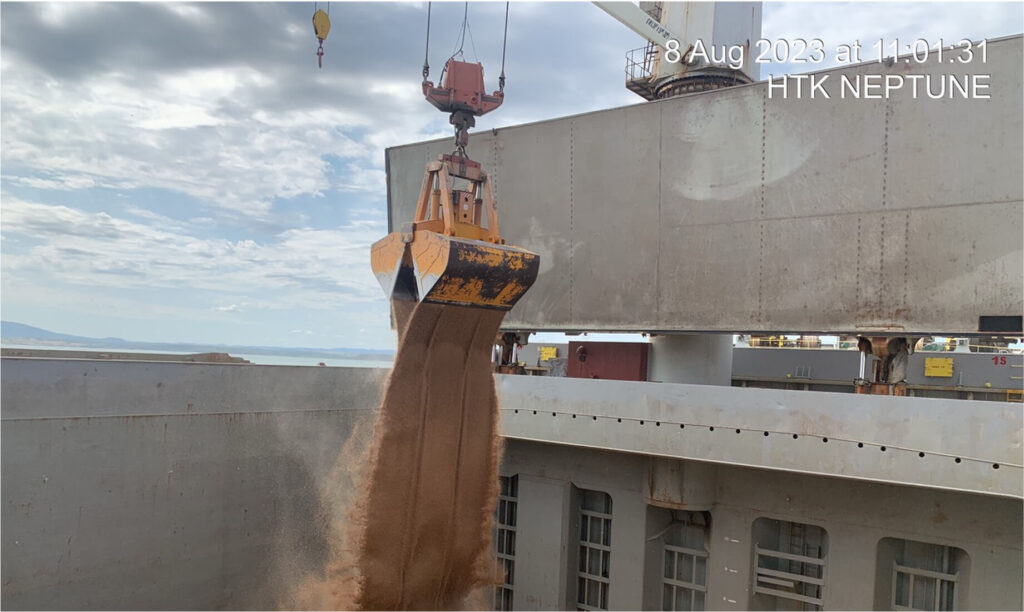
The Role of Bulk Cargo Transport in Vietnam’s Maritime Economy
Vietnam, with over 3,260 km of coastline and major seaports such as Hai Phong, Saigon, Cai Mep – Thi Vai, and Vung Tau, is well-positioned for the development of maritime transport, especially bulk cargo shipping. Below are the key roles this sector plays:
- Supporting Import-Export of Raw Materials and Agricultural Products
Vietnam is a major exporter of agricultural products like rice, coffee, rubber, and seafood. At the same time, it imports large volumes of coal, iron ore, and fertilizer for industrial and agricultural production. Bulk shipping helps connect these trade flows, reducing transportation costs and increasing the global competitiveness of Vietnamese goods. - Driving Industrial and Energy Development
Vietnam’s industry and energy sectors depend heavily on imported raw materials such as coal, iron ore, and crude oil. Bulk transport ensures a stable supply for power plants, steel mills, and manufacturing facilities, thereby sustaining economic growth. - Creating Jobs and Income
The bulk shipping sector generates thousands of direct and indirect jobs, from sailors and port workers to logistics managers, contributing to higher income levels and improved living standards, especially in coastal areas. - Developing Port and Logistics Infrastructure
The growth of bulk shipping drives investments in seaport and logistics infrastructure. Vietnam’s major ports are being upgraded and expanded to handle increasing bulk cargo volumes, enhancing the country’s economic competitiveness.
The Role of Shipowners in Vietnam’s Maritime Economy
Shipowners—individuals or organizations owning and managing ships—play a vital role in the global supply chain. In bulk shipping, they contribute significantly to Vietnam’s maritime economy:
-
Ensuring Transportation Supply for the Economy
Shipowners provide high-quality sea transport services, ensuring efficient and uninterrupted cargo movement. This reduces material supply risks for domestic businesses and enhances international competitiveness. -
Boosting Vietnam’s Fleet Capacity
Vietnamese shipowners are investing in new vessels and upgrading fleets to meet international safety and environmental standards. This strengthens Vietnam’s shipping capacity and improves its image in the global maritime industry. -
Fostering International Cooperation
Vietnamese shipowners are active in global maritime associations and build partnerships with foreign shipping companies. These collaborations help expand markets and improve the competitiveness of Vietnam’s fleet.
Challenges and Opportunities
Despite its potential, Vietnam’s bulk shipping industry faces challenges such as fierce regional competition, fuel price volatility, and strict environmental regulations. However, with government support and efforts from businesses, the sector has great opportunities for sustainable development and increased national economic contribution.
Looking for a Safe, Efficient, and Cost-Effective Shipping Partner?
HTK is proud to be a reputable shipowner in the sea transport industry, offering international shipping services with over 20 years of experience. With a professional team, a modern and youthful fleet, and a global partner network, HTK is committed to providing customers with the best service experience.

